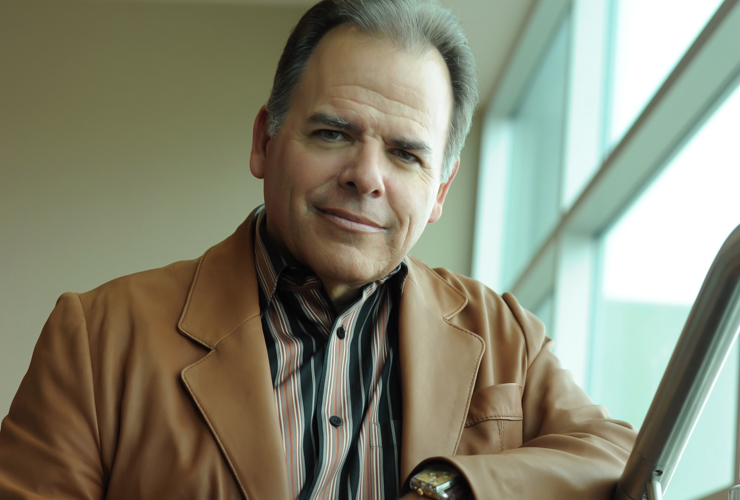Suicide rates in rural and remote frontier regions are significantly higher than in urban areas. Moreover, the impact of suicide is much greater in rural America because of its tightknit, integrated nature.
In urban or suburban America, when a suicide occurs, we may read about it in the newspaper. There is sadness for family members and puzzlement about how someone may come to take their life. Yet it’s rare that we know the individual personally.
But in rural America a suicide reverberates through small communities where it’s likely we know the victim well. We know them from the towns in which they live, the schools they attend. We interact with them at the gas station and in the grocery store. So when this person takes their life we can’t distance ourselves. It touches us in a deeply personal way. We question how someone we know can do this. Often we are surprised by their suicide, and so we question our ability to judge others. We question our sense of social codes in our communities, whether we see things the way the person did who died by suicide.
There’s a very real difference here. The same event has much greater impact on a rural community and is more likely to ripple out and affect others, young and old. Like the hub on a wheel, when a person at the hub completes suicide, it radiates outward and can precipitate risk for self-harm among other vulnerable individuals in the community.
Yet the tight-knit nature of rural relationships may offer great hope for reducing suicide. In these relationships early indicators for risk may be more easily detected. Resources and the means to extend them may be more easily identifiable. And effective interventions may be more easily implemented. This can be harder to do in urban areas.
Those of us who live in urban and suburban America often think it’s up to us to teach lessons to our rural counterparts. But maybe it’s our rural counterparts who have lessons to teach us. Perhaps we all can learn how to better reduce suicide by respecting our differences and looking to examples that emerge from the life experiences of others.


